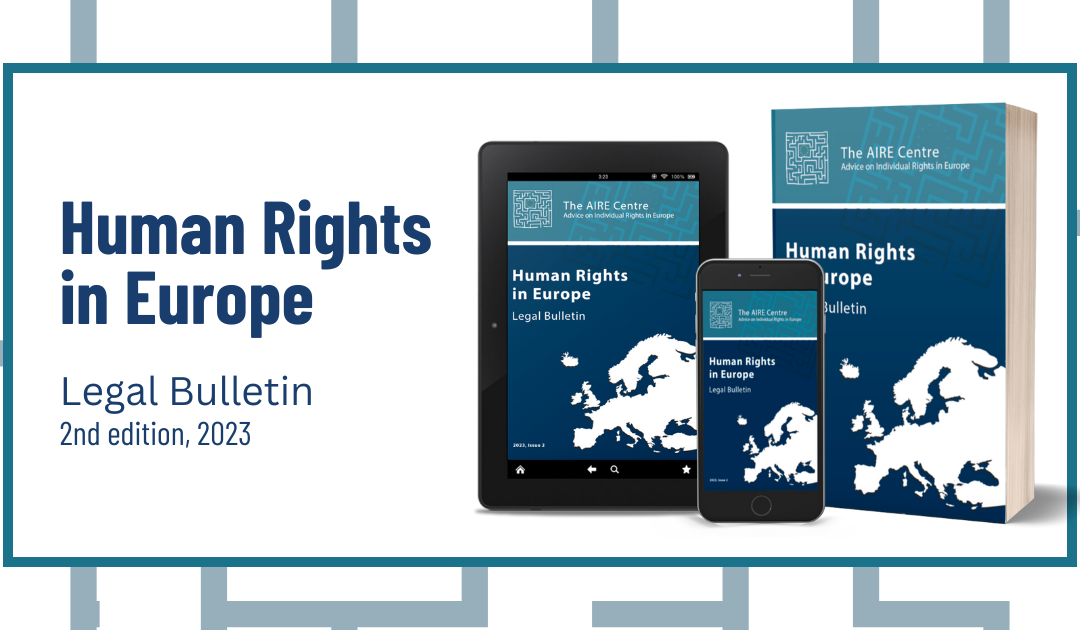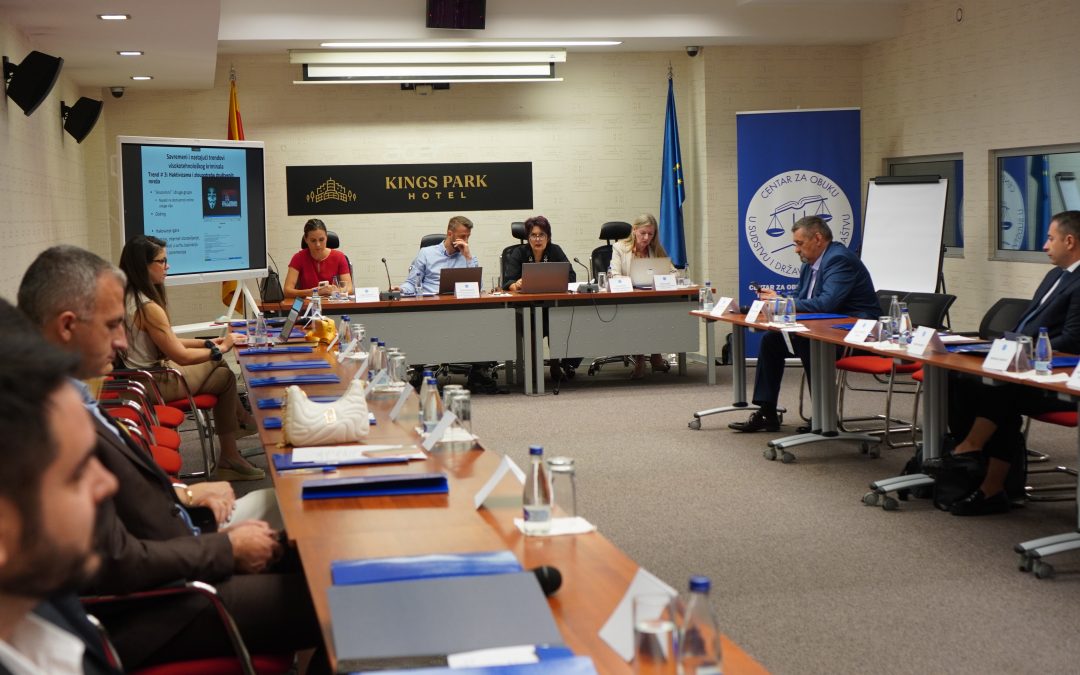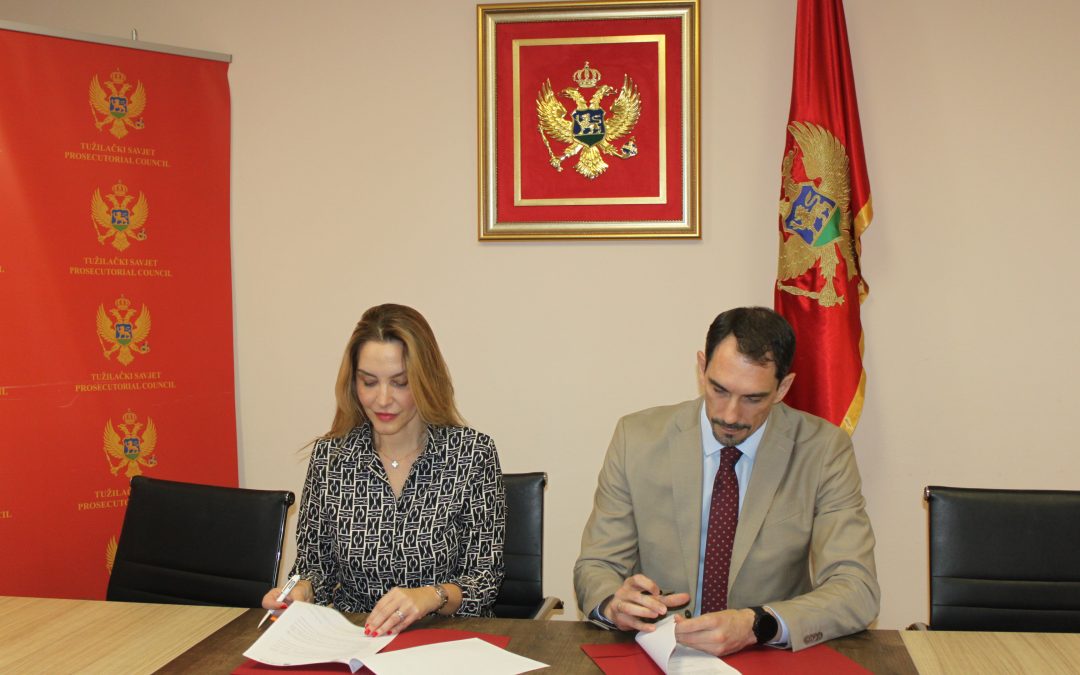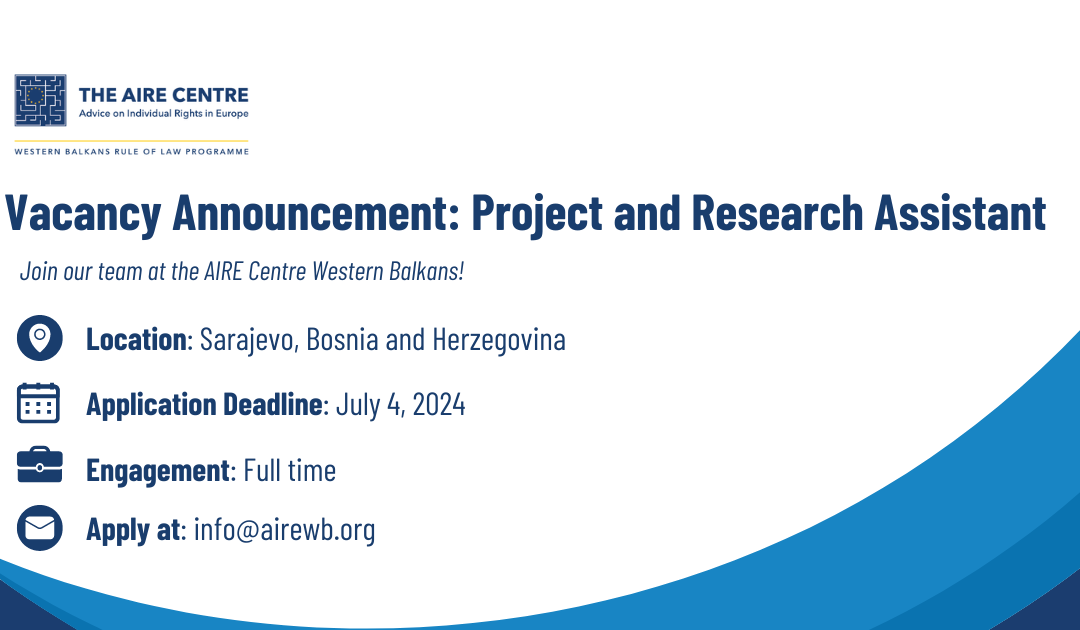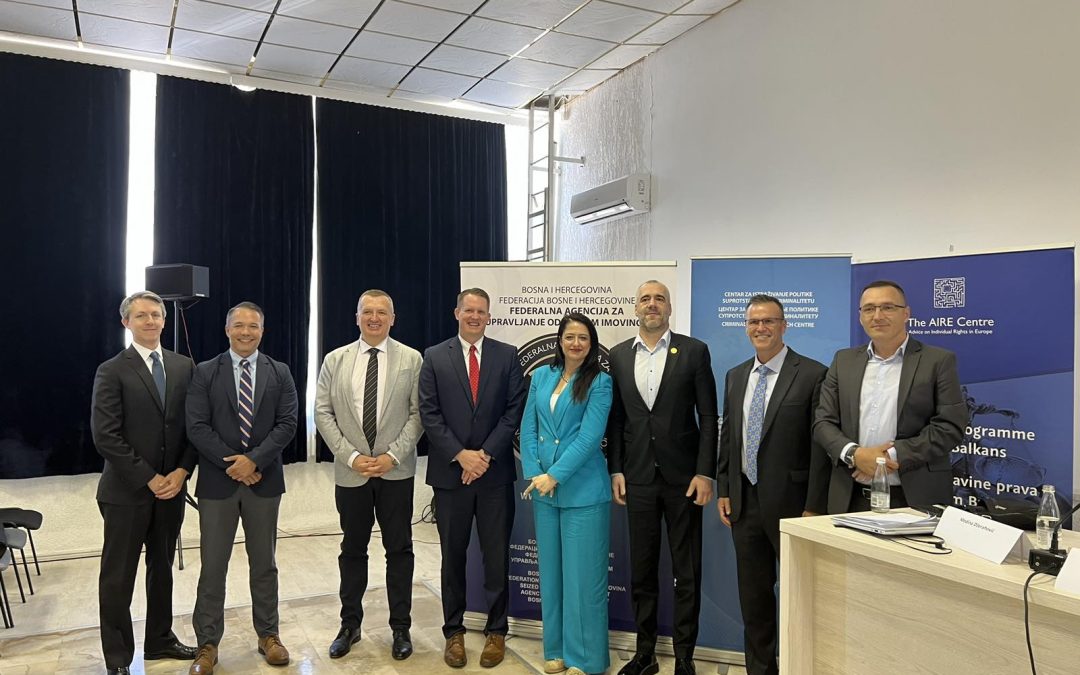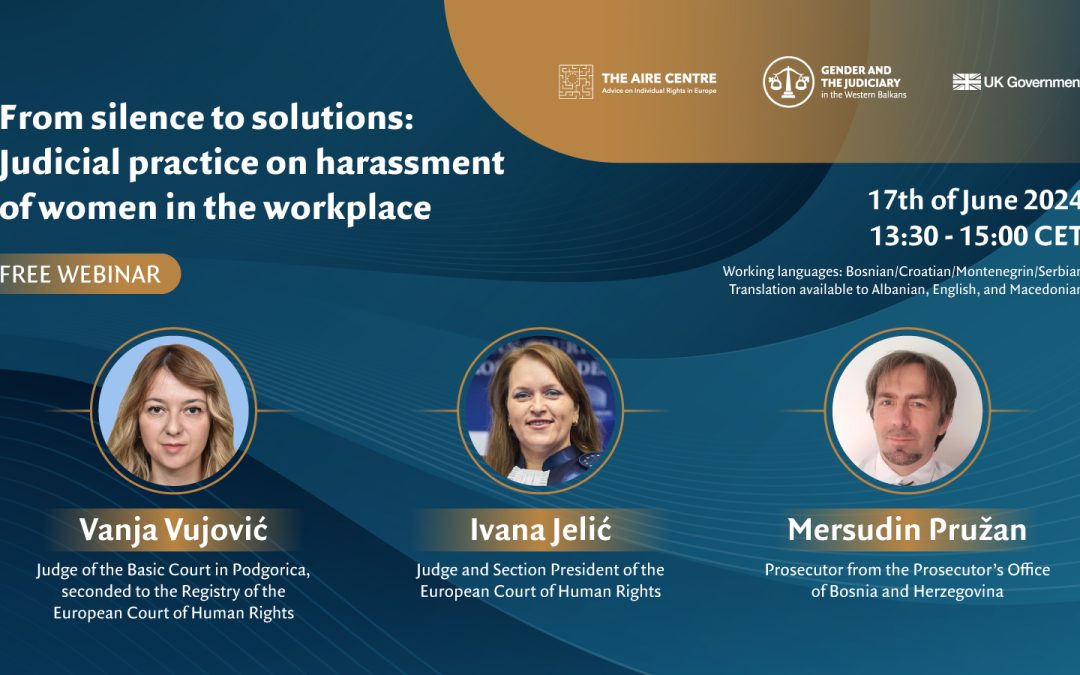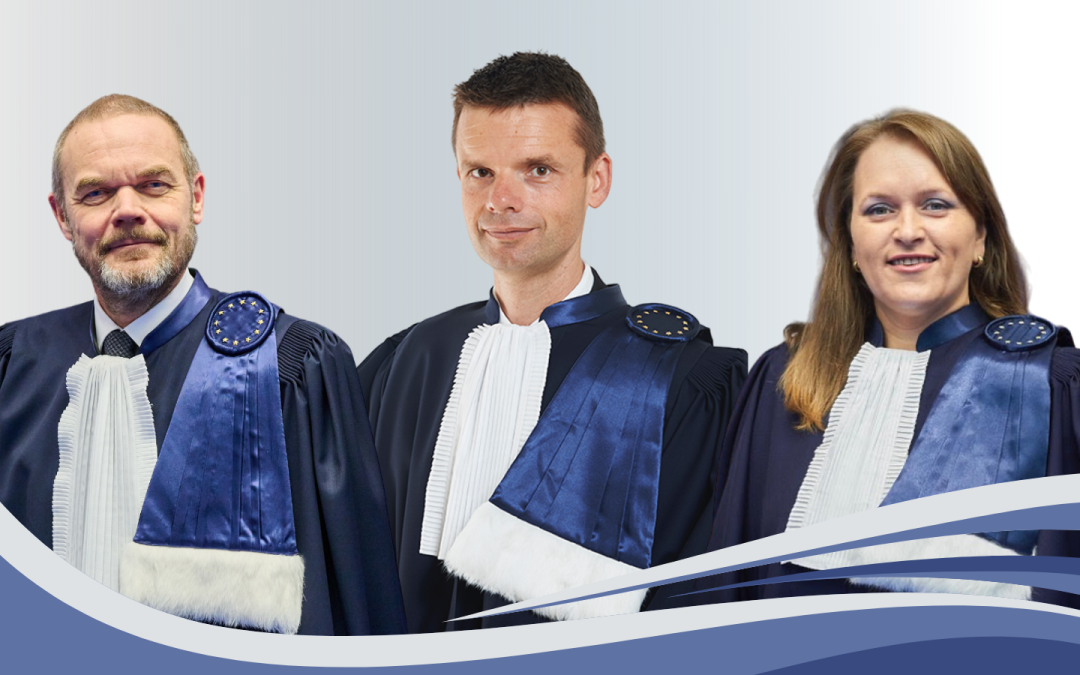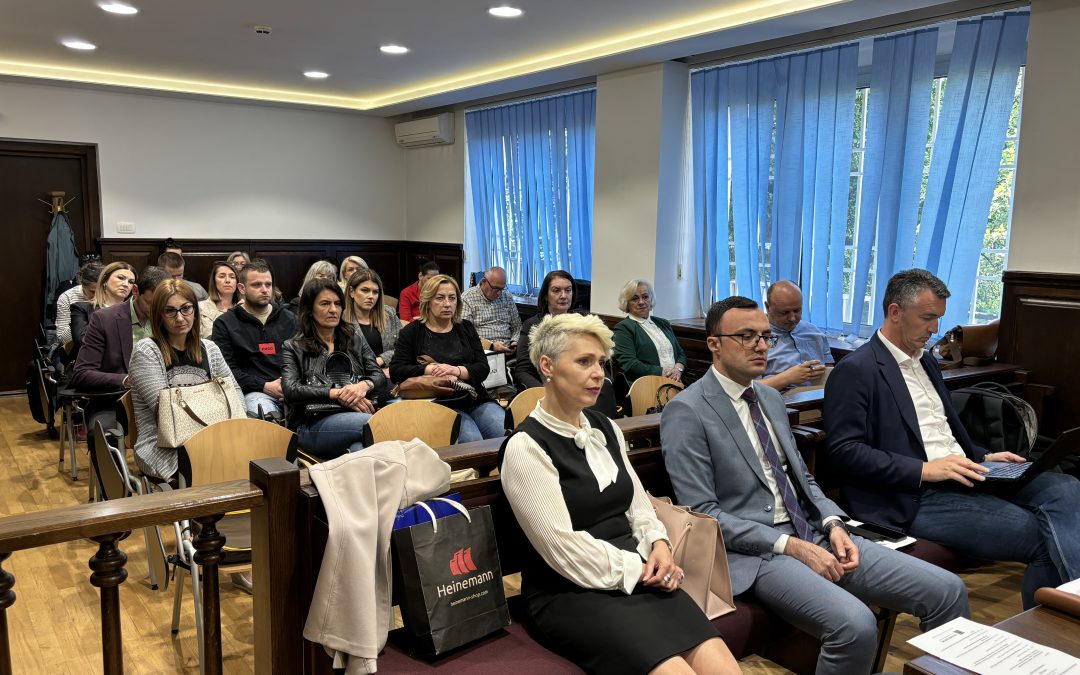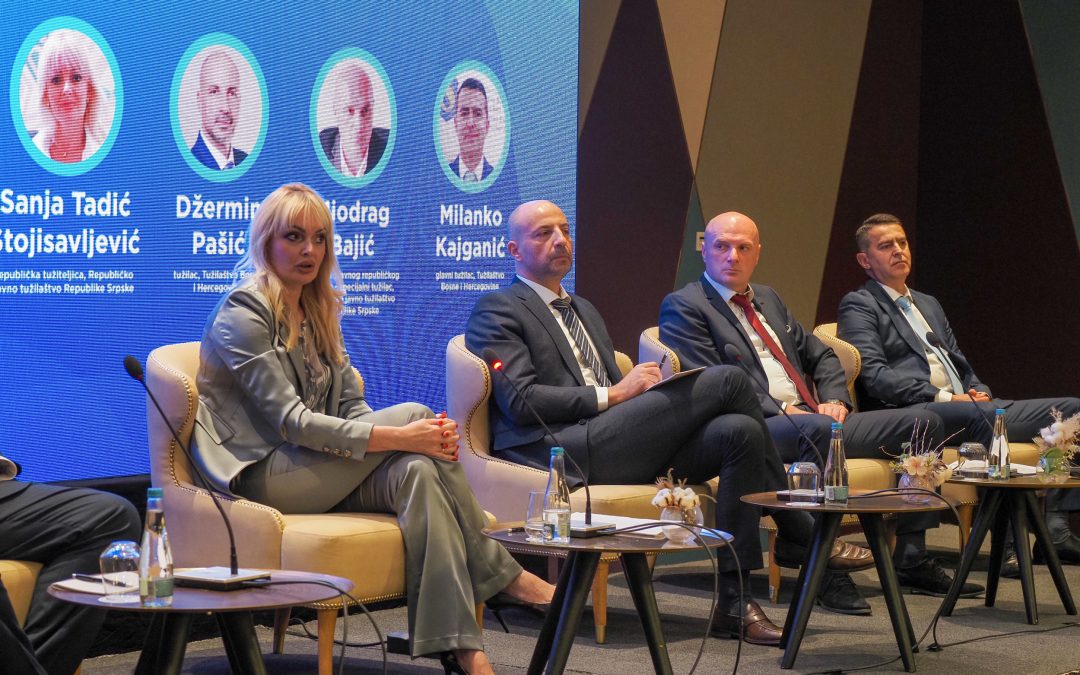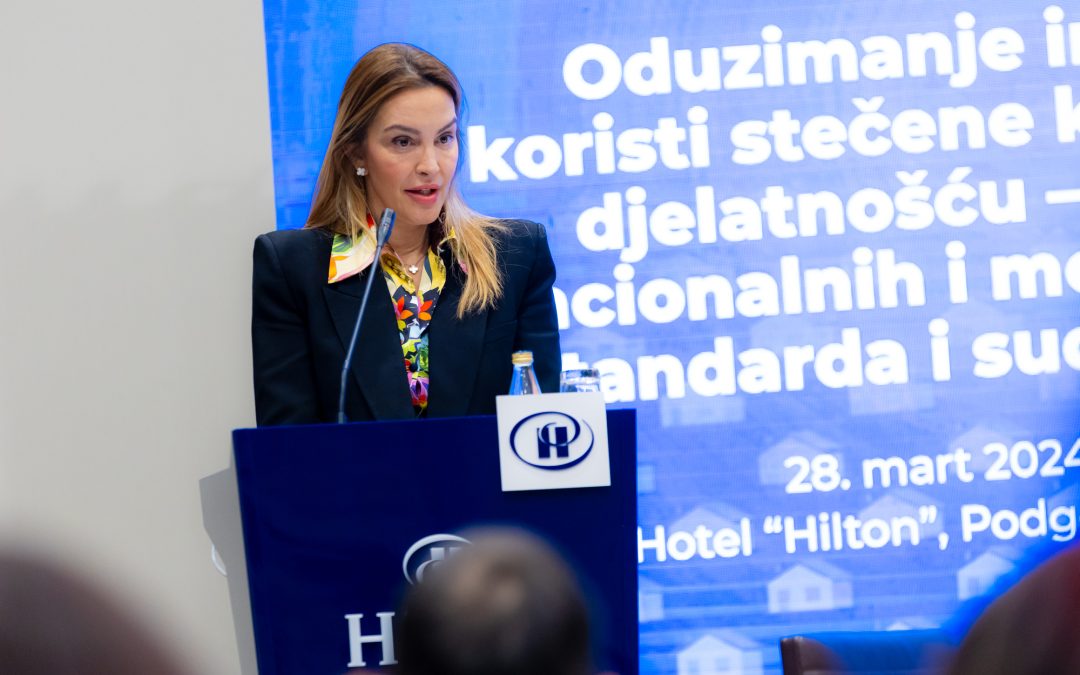Judge Radmila Dragičević-Dičić has been involved in the creation of an efficient and lasting asset recovery framework in Serbia from the very start. Having actively worked as a judge in the anti-organised crime departments, the Belgrade Appeal Court and, as of 2010, the Supreme Court of Cassation, and participated in the drafting of the Law on the Confiscation of Proceeds of Crime and promoting its implementation in practice, judge Dragičević-Dičić carries the institutional memory of the steps the Republic of Serbia has taken in asset recovery as an important tool in the fight against organised crime
“We were the first in the region to form a working group to draft the Law on the Confiscation of Proceeds of Crime. Later, our special court department was the first to rule on asset recovery cases. After years of applying the law, I realise the importance of what we have created, not only for Serbia, but the region as well. The AR Network, which will rally judges, prosecutors and experts from the entire region, was officially launched this month as well. We have thus rounded up the entire process implemented in cooperation with the AIRE Centre and the Regional Anti-Corruption Initiative with the UK Government’s support. I think I am not exaggerating if I say that the entire region is following Serbia’s practice, that the presentation of our cases is followed attentively and that we can now share our experience with others”, judge Dragičević-Dičić clarifies.
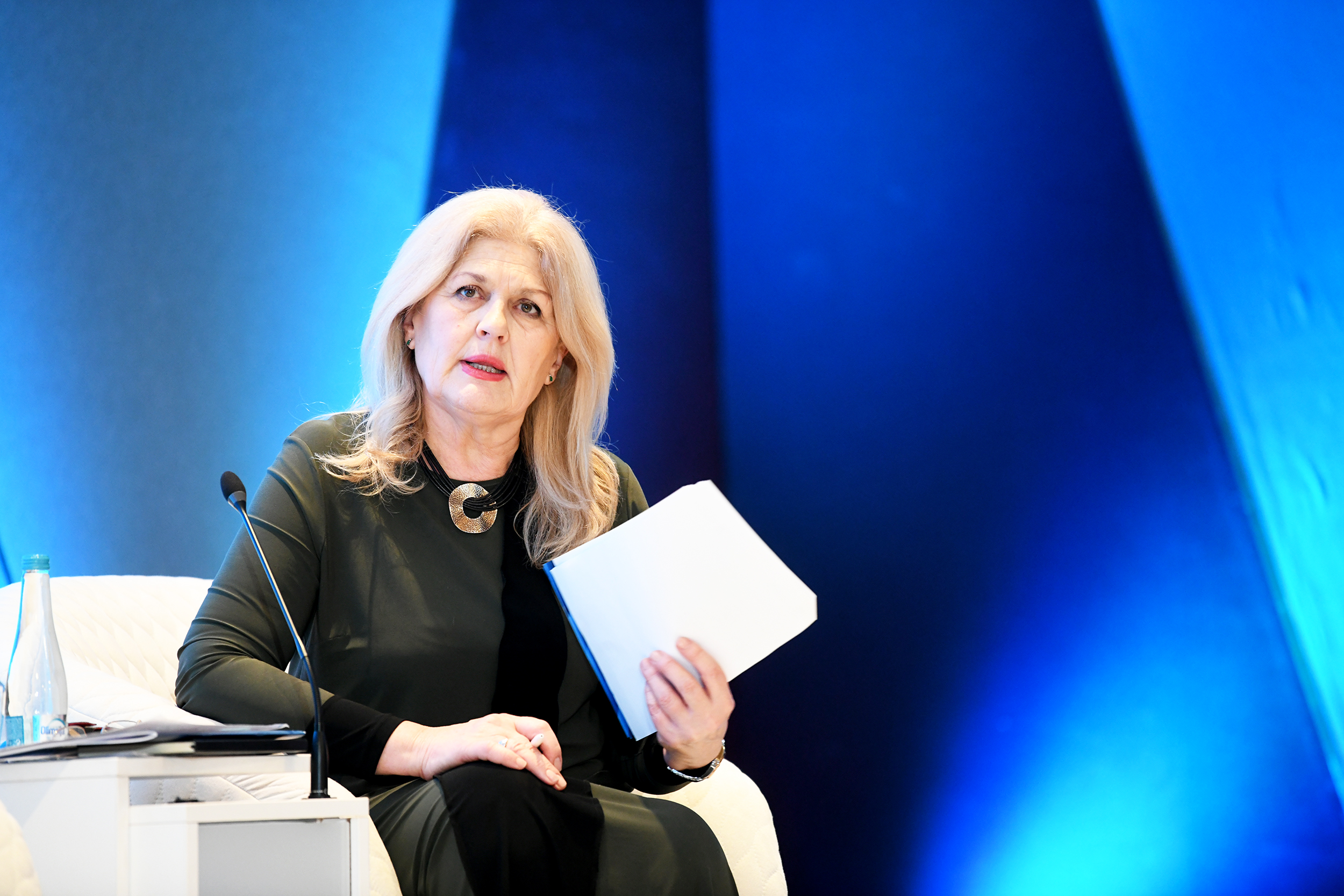
Experts in the region are developing new mechanisms of cooperation on fighting transnational crimes, as well as grappling with challenges in applying the valid regulations in the context of asset recovery.
“We must make the application of such regulations visible. We have set the foundations for regional cooperation, we have produced publications and research papers and held dozens of seminars on various related topics. We now have a sound basis for strengthening practical work. It yields concrete results, each meeting of ours in the region provides fresh opportunities for cooperation. Serbia can today be an example, because we are the pioneers in applying this law. At the time, we showed other countries, especially with the initial cases, which were well-known to the entire region, that it was possible. We also faced challenges before the Constitutional Court and later in Strasbourg, we built our case-law and found a way to adequately apply the letter of the law. We have the richest case-law on extended confiscation but we can always talk about everything else we need to work on. Finally, in addition to the judiciary, I need to mention our extremely efficient Directorate for Management of Confiscated Property within the Justice Ministry, which has been representative from the very start. How to preserve assets, manage companies, what to communicate and how – they, too, dealt with entirely novel issues. All of these are lessons learned,” says judge Dragičević-Dičić.
Everything developed through case-law becomes guidance for courts on how to deal with those issues. The identified challenges include the work of the police, adequate financial investigations by prosecutors and the police, and how to ensure the involvement of experts and forensics.
“We want to explore that issue through our regional cooperation – how to use experts and resources in the region. We talk to judges and prosecutors at seminars about how to prove that the assets were acquired lawfully/unlawfully, which evidence is admissible in court. The imagination of crime groups in proving that their assets are legal is huge – that is the greatest challenge faced by judges and prosecutors. Another challenge is making the results visible to the public. The public should be familiarised with our achievements, it understands numbers and concrete data. And the problem may be in the way we presented that information. We have developed a platform which will be effective for bringing together experts in the region. At the seminars, our colleagues have expressed major interest in specific case studies, how we have dealt with problematic issues in various cases. Our colleagues from other countries are looking at what we’ve done and our solutions. If we’re to be a beacon, we must also endeavour to improve our work and follow all the modern, contemporary standards in the fight against organised crime. There is no alternative,” judge Dragičević-Dičić concludes.
More information about this event can be found on the Regional Asset Recovery Platform.
